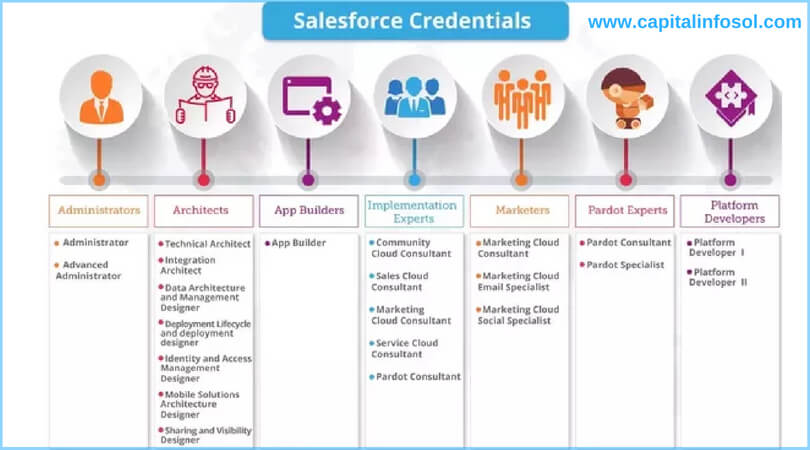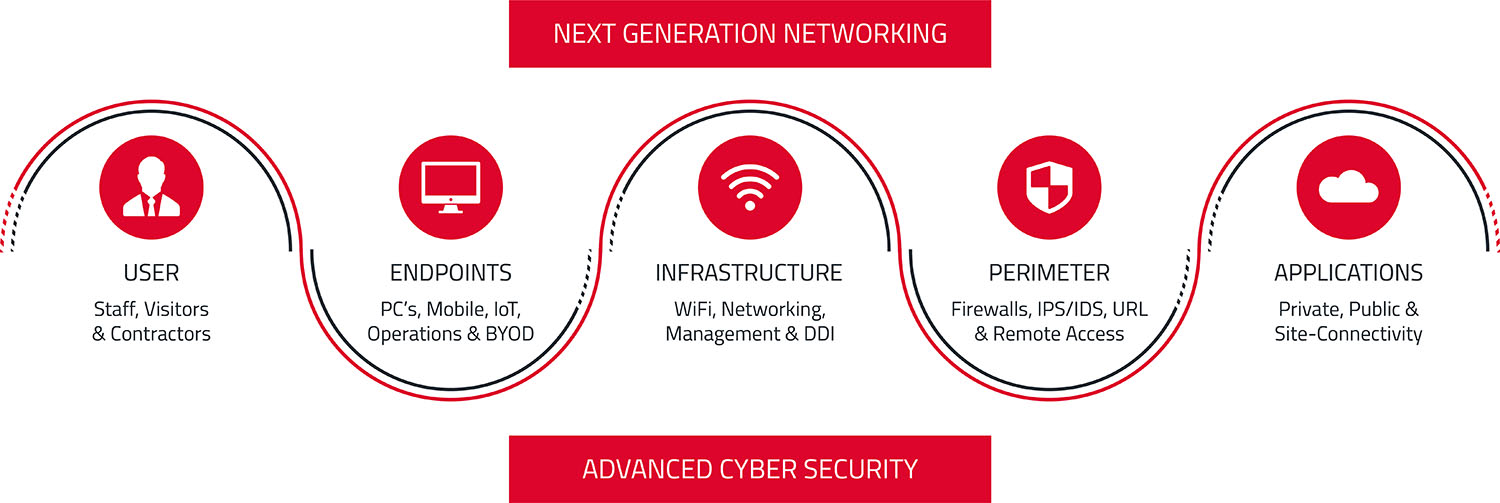
You need to know some business tips if you are starting a business. You'll want to develop a business plan, hire the right team, and communicate a shared vision. These steps will help you find the right employees and investors to help grow your business.
Finding investors
Investors are an important part of any fundraising strategy for a startup. Although banks are not the right choice for startups, private investors are more likely than banks to lend money to companies that are in their early stages. In addition, these investors can give expert advice, and the private money you get from them can help your business grow.
There are many places that you can go to if your venture is just beginning. You can also find investors through a digital-first investor firm, which aims to make investing accessible for all. SlidedeckBuilder is one example. It makes it easy to create investor slide decks, without any need for custom development. One startup that simplifies the investment process is the one that allows investors to invest in an institutional fund managed by professionals.
Development of a business strategy
To create a business strategy for startups, you need to detail how your company will generate revenue. Your future team members should be included in your business plan. You may decide to hire the chief financial officer. This will be the financial backbone of your company and help investors feel confident that you are making sound financial decisions. It is important to define the organizational structure for the startup. Whether you will have co-founders, shareholders, or investors, you need to outline the chain of command and power distribution.

Your vision and ideas will inspire the different sections of your plan. Also, research is necessary to find out the details of your business and your target market. In addition, you need to know who your competitors are and what their strategies are. Your plan should only be fifteen to twenty pages long. Additional documents should be added as an appendix.
Finding the right people to hire
The key to success is hiring the right people for your company. Bad hires can negatively impact your startup's productivity, culture, and overall success. Startups must ensure that the people they hire are compatible with their culture and drive. Fortunately, there are a number of ways to ensure you hire the best people for your startup.
Ask questions that will help you evaluate how they will respond to the workplace environment when interviewing candidates. Ask questions that will help you gauge how applicants will respond to challenges.
Communication of a common vision
A shared vision is essential to leadership. It will set you apart from your competitors. There are several ways you can accomplish this. For example, you can create a vision repository for your company that includes all your files and projects, complete with revision history. This repository will help you to share your vision and encourage others to see its importance. In addition, you can engage influential employees in spreading the vision.
You can do this by using a polling tool or involving employees in the process. This will enable you to get their opinions and show them how they can help. This can make the introduction process much easier.

Work with brilliant minds
Brilliant Minds is the place to be if you are interested in working with creative people to grow your startup. Founded by Spotify founder Daniel Ek, this conference features the world's most innovative minds. Featuring speakers from entertainment, academia, and business, Brilliant Minds conferences are focused on fostering creativity and innovation.
The program convenes influential individuals to support emerging talent and build the next generation of innovative start-up companies. The program offers an interactive platform and collaborative guidance, as well as a platform to support cutting-edge entrepreneurs from Europe. Its mission it to support European start ups with innovative ideas and foster innovation.
FAQ
What are the benefits of being a consultant
Consultants can often choose the hours and topics they work on.
This means that you are able to work from wherever you're at any time.
This allows you to easily change your mind and not worry about losing your money.
Finally, you have the ability to control your income levels and establish your own schedule.
How is consulting different from freelancing
Freelancers are self-employed individuals who offer their services to clients without employees of a company or agency. They typically charge hourly rates based on time spent working on a client's project. Consultants work for companies and agencies that employ them. Consultants are typically paid either monthly or annually.
Because they set their own hours and prices, freelancers are often more flexible than consultants. However, consultants often have better benefits, such as health insurance, vacation days, sick leave, retirement plans, etc.
Who hires consultants?
Many organizations hire consultants to assist with projects. These consultants can be found in small and large businesses as well as government agencies, universities, educational institutions, non-profits, and education institutions.
While some consultants work for these companies, others are freelancers. In both cases, the process for hiring depends on how complex and large the project is.
When hiring consultants, you will probably go through several rounds of interviews before choosing the person you think would be best suited for the position.
What was the origin of modern consultancy?
The first consultants were actually accountants who would help companies manage their finances. They were able to manage financial information and became "accounting experts". They soon expanded their roles into other areas like human resources management.
The French word meaning "to advise" in French is what gave rise to the term "consultant". This term was originally used by businessmen to denote someone who could give guidance on how to run an enterprise. The word consultant is still used by most business owners to refer to any kind professional advisor.
Why would a company want to hire a consultant for their business?
Consulting provides expert advice about how to improve your business performance. They don't sell products.
A consultant helps companies make better decisions by providing sound analysis and recommendations for improvement.
Consultants often work closely with senior management teams to help them understand what they need to do to succeed.
They also offer leadership training and coaching to ensure that employees are able to perform at their best.
They might advise businesses on how to reduce costs, streamline processes, or increase efficiency.
Statistics
- "From there, I told them my rates were going up 25%, this is the new hourly rate, and every single one of them said 'done, fine.' (nerdwallet.com)
- Over 62% of consultants were dissatisfied with their former jobs before starting their consulting business. (consultingsuccess.com)
- On average, your program increases the sales team's performance by 33%. (consultingsuccess.com)
- According to statistics from the ONS, the UK has around 300,000 consultants, of which around 63,000 professionals work as management consultants. (consultancy.uk)
- Over 50% of consultants get their first consulting client through a referral from their network. (consultingsuccess.com)
External Links
How To
How to Find the Best Consultant
The first thing to do when looking for a new consultant is to ask yourself what you want from him/her. Before you begin searching for a consultant to help you, you should be clear on your expectations. It is important to make a list with all the requirements you have for a consultant. This could include: professional expertise and technical skills, project management capabilities, communication skills, availability, etc. Once you have identified your requirements, you might consider asking friends and colleagues to recommend you. Ask your friends and colleagues if they have had bad experiences with consultants in the past. Compare their recommendations with yours. If you don't have any recommendations, try doing some research online. Many websites allow people to post reviews about their work experience, including Angie's List and Indeed. Take a look at comments and ratings from others, and use that data to find potential candidates. Once you have narrowed down your list, reach out to potential candidates and set up an interview. Talking through your requirements during the interview is a good idea. Ask them questions about how they can assist you in achieving those goals. It doesn't matter whether they were recommended to you or not; just ensure that they understand your business objectives and can demonstrate how they can help you reach those goals.